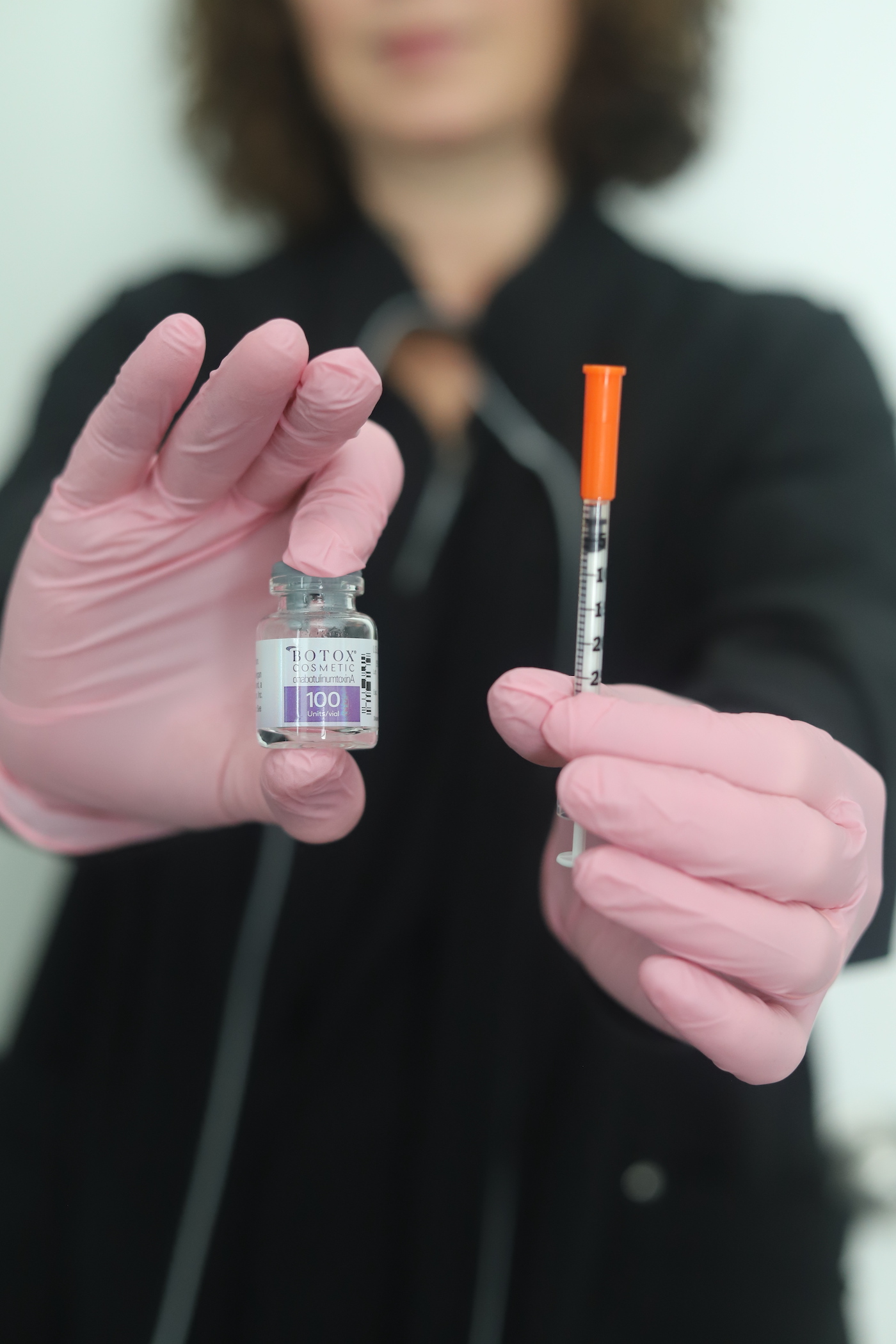BOTOX is a material that has been known for over a century and used for medical purposes for more than 50 years. BOTOX® Cosmetic is a prescription medicine that is injected into muscles and used to improve the look of moderate to severe frown lines between the eyebrows (glabellar lines) in people 18 to 65 years of age for a short period of time (temporary).

What is BOTOX Cosmetics?
Claim Your $50 Off 20 Units or more of Botox
View the Results

Frequently Asked Questions
The effects of a Botox treatment typically last between 3 to 6 months. The duration can vary depending on individual factors such as the area treated, the amount of product used, and the patient's muscle strength and lifestyle. Regular follow-up treatments can help maintain the desired results.
Most patients report only minimal and brief discomfort during Botox injections, often describing it as a slight pinch. The procedure is quick, usually taking no more than a few minutes, and does not require anesthesia. Some patients may choose to use a topical numbing cream before the procedure for added comfort.
Botox treatments are generally safe, but like any medical procedure, they can have side effects. Common side effects are mild and may include temporary bruising, swelling, or redness at the injection site. In rare cases, there may be slight drooping of an eyelid or asymmetry of facial expression, but these effects are typically temporary.
Ideal candidates for Botox are adults who wish to reduce the appearance of facial wrinkles and fine lines, particularly those around the eyes, forehead, and mouth. It is best suited for individuals in good general health, without any neuromuscular diseases. Botox is not recommended for pregnant or breastfeeding women. A consultation with a qualified healthcare provider is essential to determine if Botox is right for you.
It's generally recommended to avoid vigorous exercise for at least 24 hours after a Botox treatment. Exercising too soon can increase blood flow and potentially spread the Botox to unintended areas, which might reduce its effectiveness or alter the intended results. Light activities are usually fine, but it's important to follow the specific advice of your healthcare provider regarding post-treatment activities.


